
Solo camping offers an unmatched sense of freedom. For women looking to unplug and connect with nature, it’s an empowering experience that builds confidence and peace of mind. While heading out alone may feel a little daunting at first, taking the right precautions can make your trip both fun and safe. Continue reading to explore tips that will help you stay safe while you’re solo camping.
Solo Camping: Tips To Help You Stay Safe
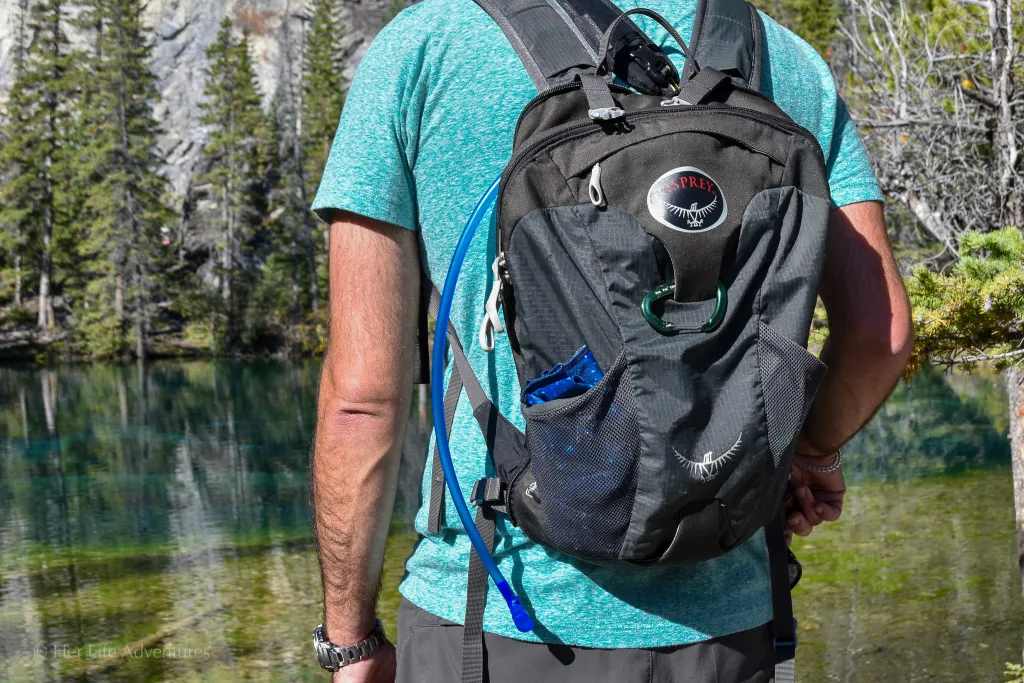
Pack For Adventure
Packing correctly is the first step to a safe camping trip. You need to pack the correct gear for your next adventure and take time to ensure everything is in good working order before setting off. Equip yourself with a sturdy tent, a reliable sleeping bag, and weather-appropriate clothing. Don’t forget essentials like a first aid kit, headlamp, portable water filter, and a fire starter.
If you’re looking to elevate your comfort and security, consider a rooftop tent. Unlike what you may have heard, rooftop tents aren’t bad for your car, and they can keep you safer by elevating you off the ground.
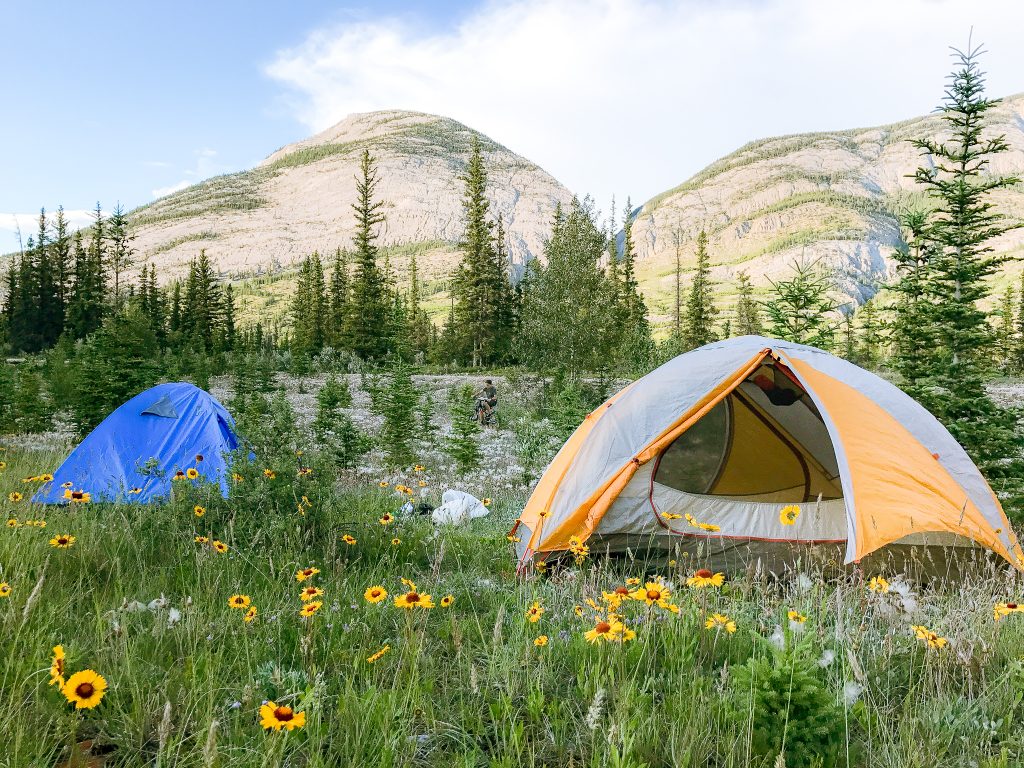
Pick The Right Campsite
Choosing a safe and practical campsite matters. Look for established camping areas as they often provide resources like maps and rangers nearby. Check reviews from other campers, especially solo travelers, to confirm the site’s safety and accessibility. Consider staying close to populated trails or camping zones. And, always make sure that someone knows where you’re staying.
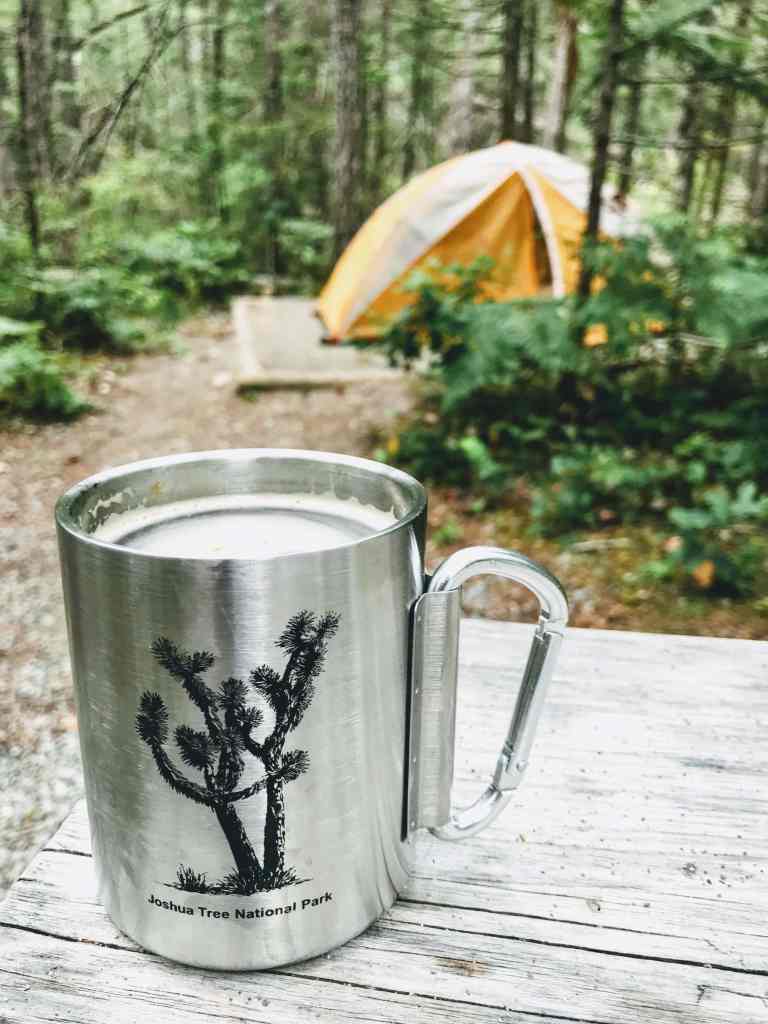
Set up Camp Confidently
When you arrive, make camp while it’s still light. A thorough setup means you’ll have extra time for final adjustments once the sun dips. Secure your tent and position it away from low-lying areas prone to water collection during rain. If you’re using your rooftop tent, take advantage of its height, which provides safety and peace of mind throughout the night. Keep food safely stored away from your sleeping area to deter wildlife.
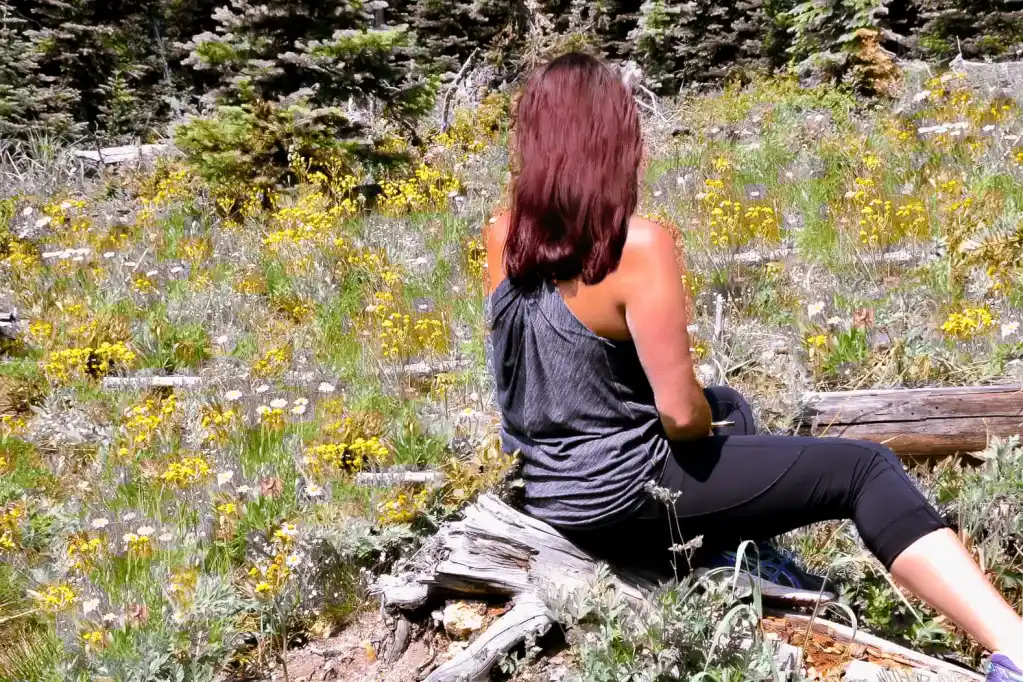
Stay Vigilant in the Wilderness
Safety starts with situational awareness. Be mindful of your surroundings and trust your gut if something feels off. Stick to familiar trails and share your plans with a trusted friend or family member, including your location. Avoid lighting large fires unless necessary, as they can attract undue attention. Carry self-defense tools, such as pepper spray, and keep them accessible in your camp.
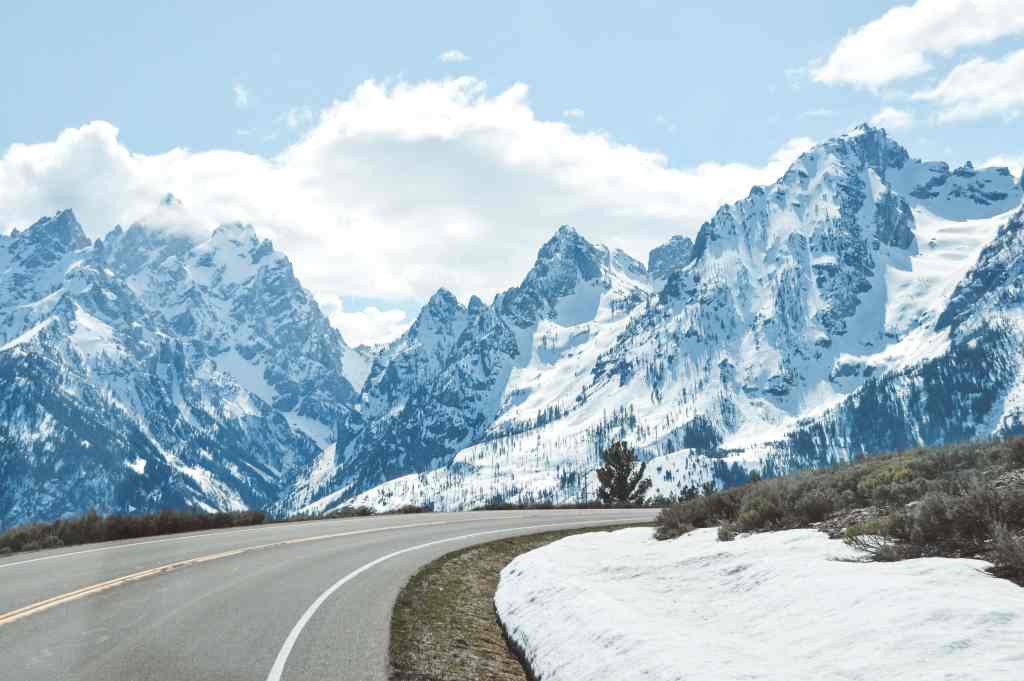
Navigate like a Pro
Confidence in navigation leads to a more fulfilling trip. Carry a physical trail map, download offline GPS maps, and know how to use a compass. Pay attention to markers, landmarks, and path changes to avoid losing your way. If you venture off the trail, create memory points by observing unique rock formations or vegetation. Practice navigating in small, controlled environments before heading to expansive trails.
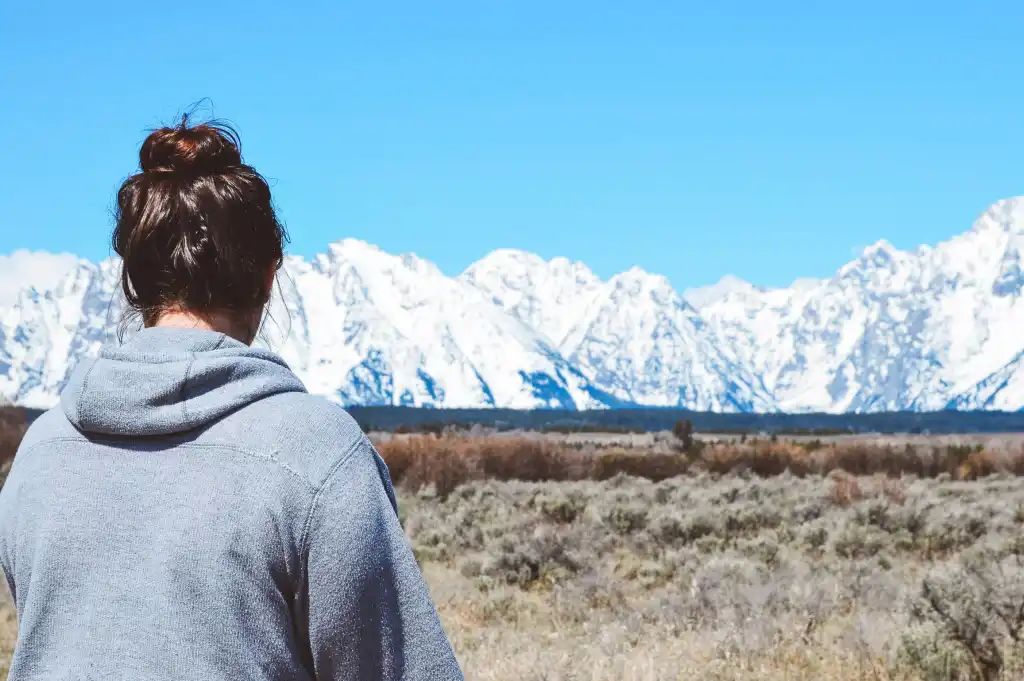
Prioritize Communication
Keeping a communication plan in place adds another safety layer. Take a charged power bank and invest in a satellite phone or GPS communicator if venturing far off-grid. Keep emergency numbers and addresses handy, including local rescue services and park authorities. Discuss your route with a ranger if possible—they often provide invaluable insight on what to expect in the region.
Solo camping doesn’t have to feel intimidating when you follow the tips above. With careful planning, you’ll feel confident venturing into the wilderness alone. Take a leap, start small, and enjoy the peace only solo camping offers. Now’s the perfect time to plan your next outdoor escape!
You Might Also Like:
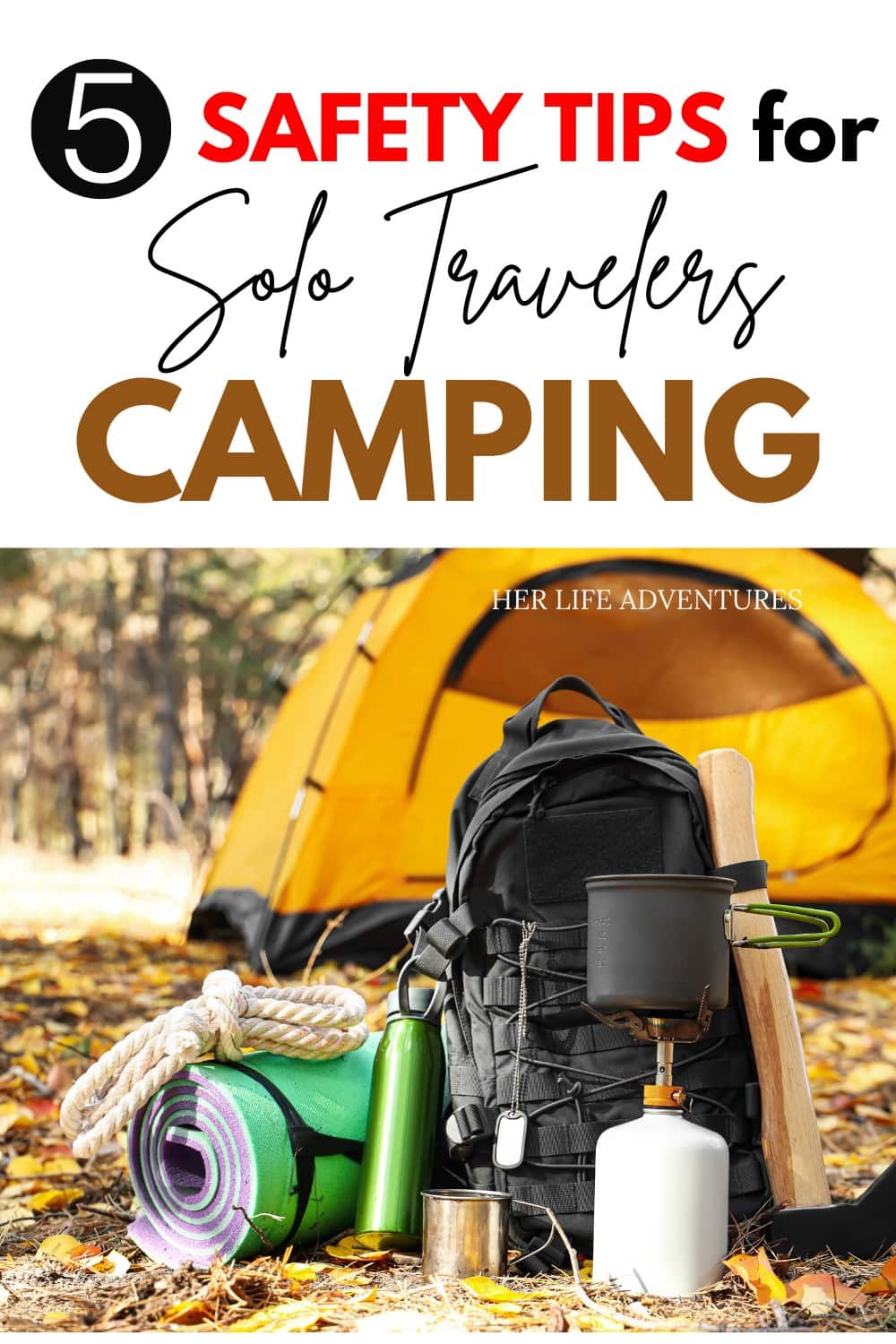

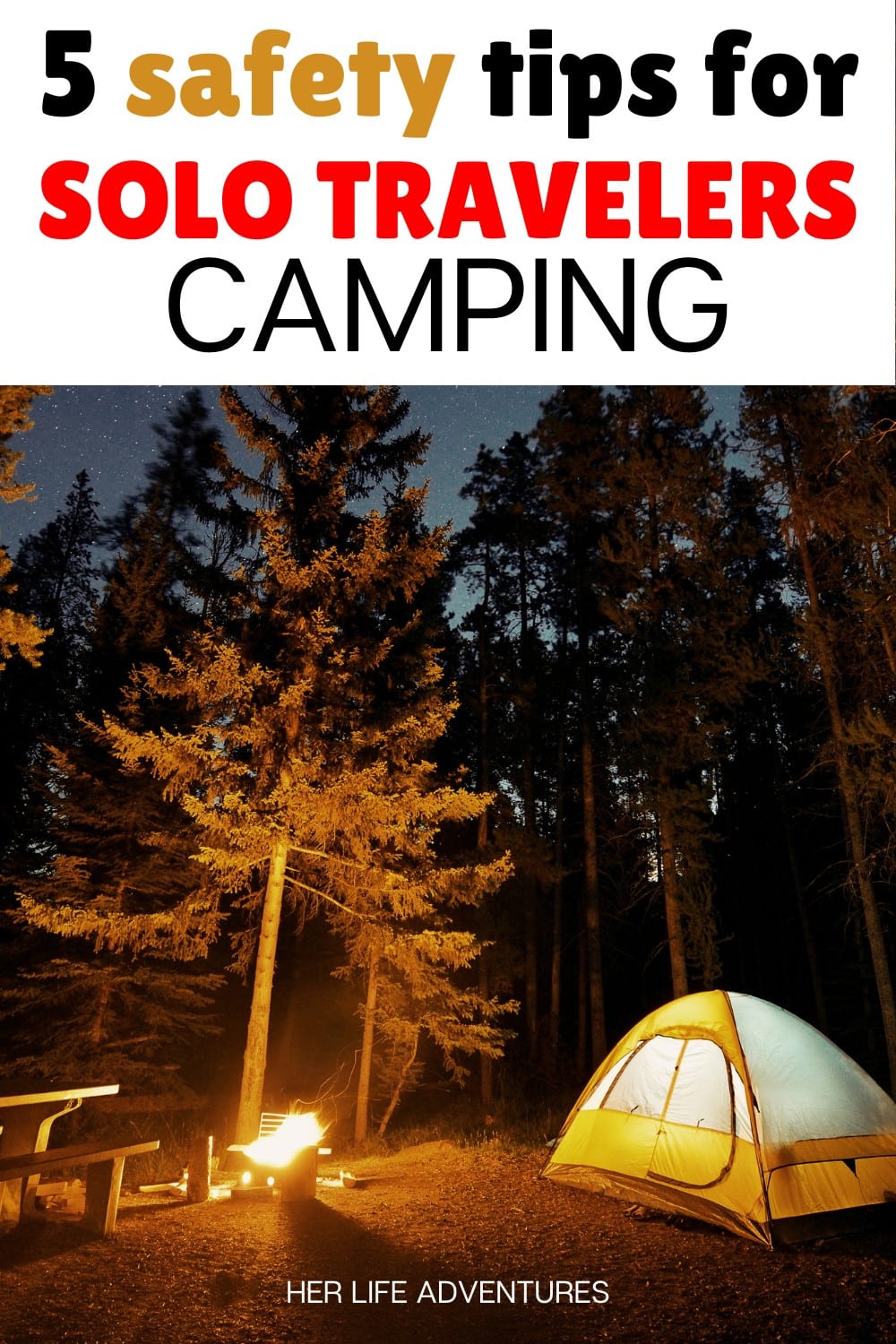
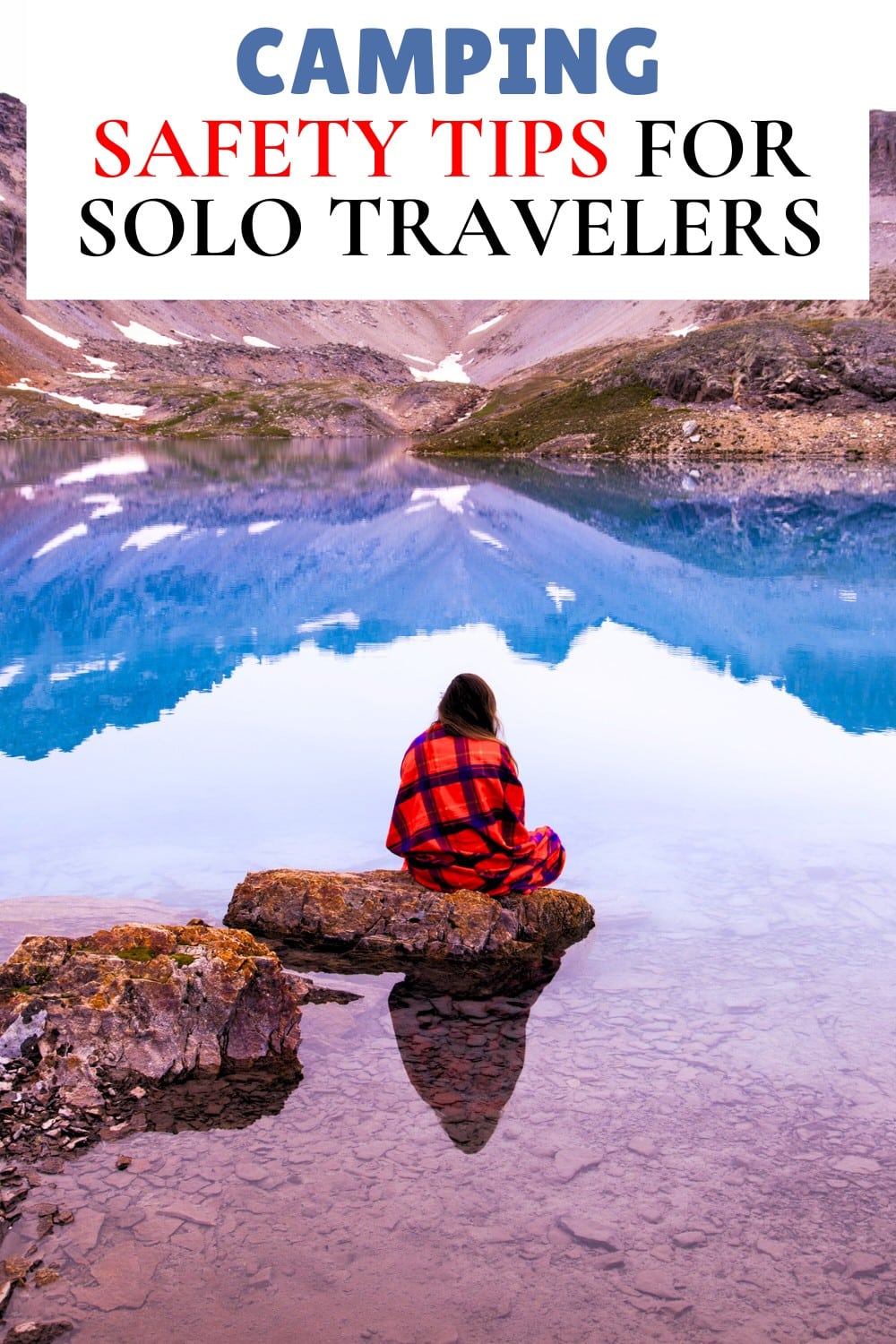
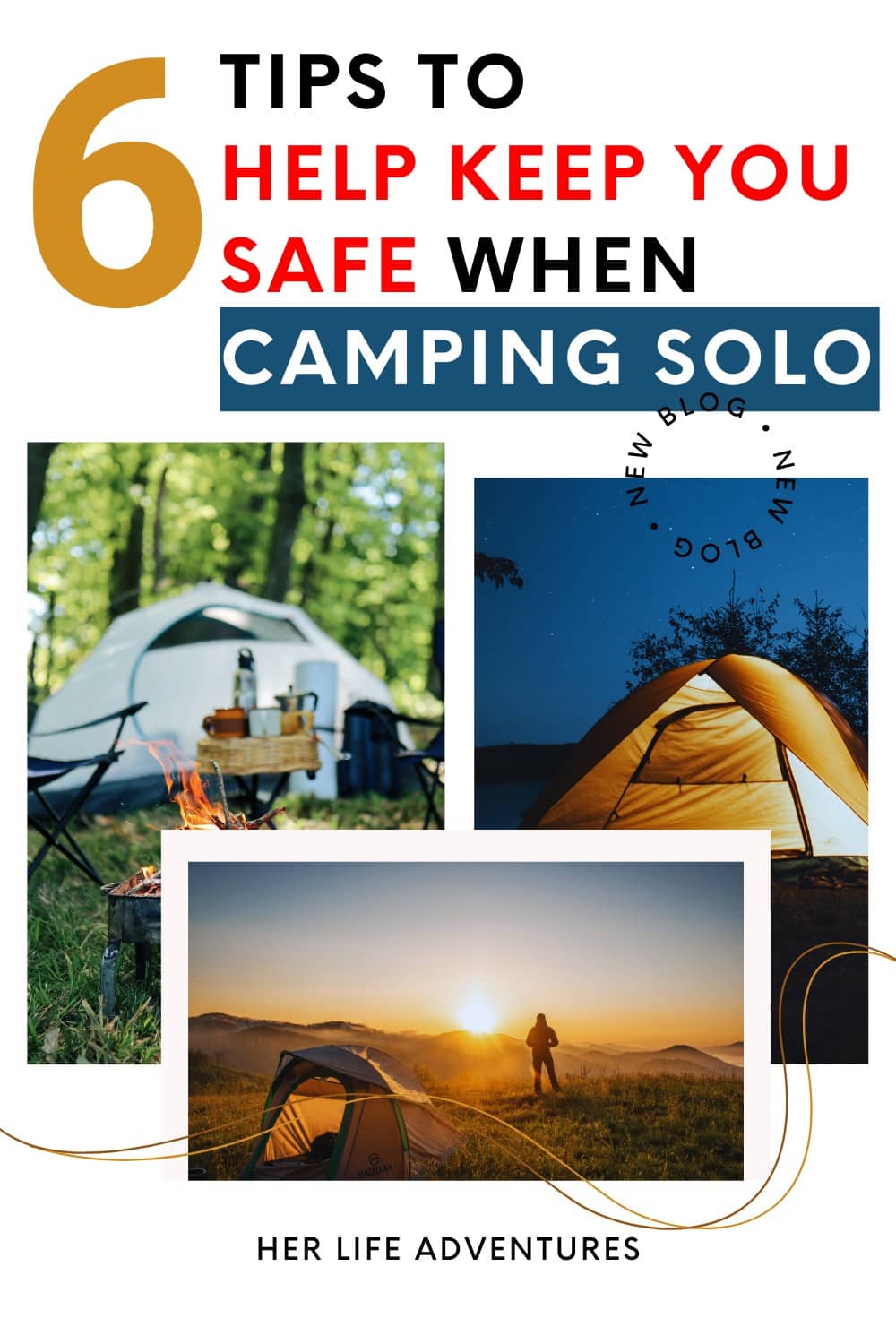
Like this post? share it, or pin it for later!
Like this:
Like Loading…
Related
Източник за тази статия
Наши спонсори са:
Български трактори на добри цени при изключително качество






